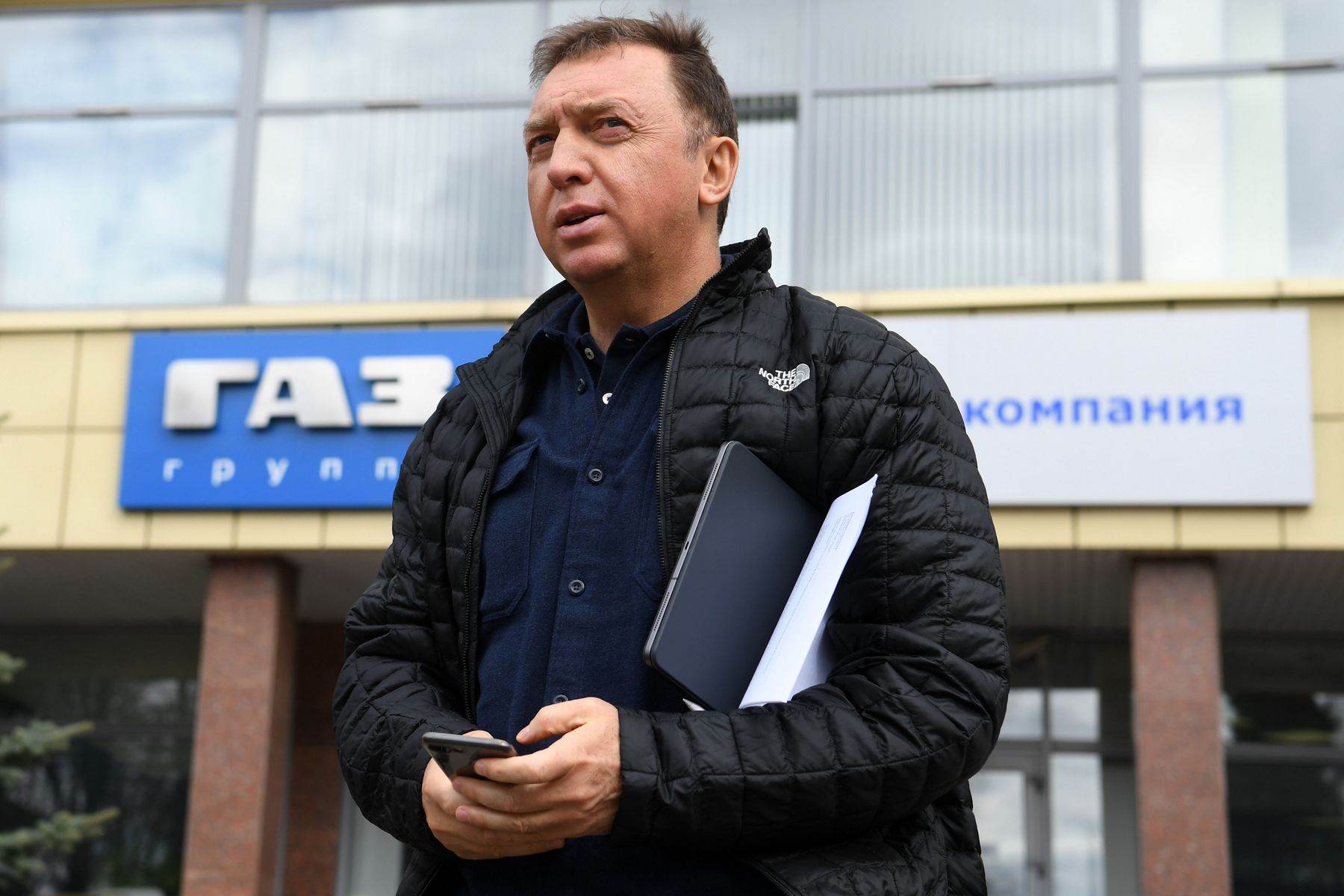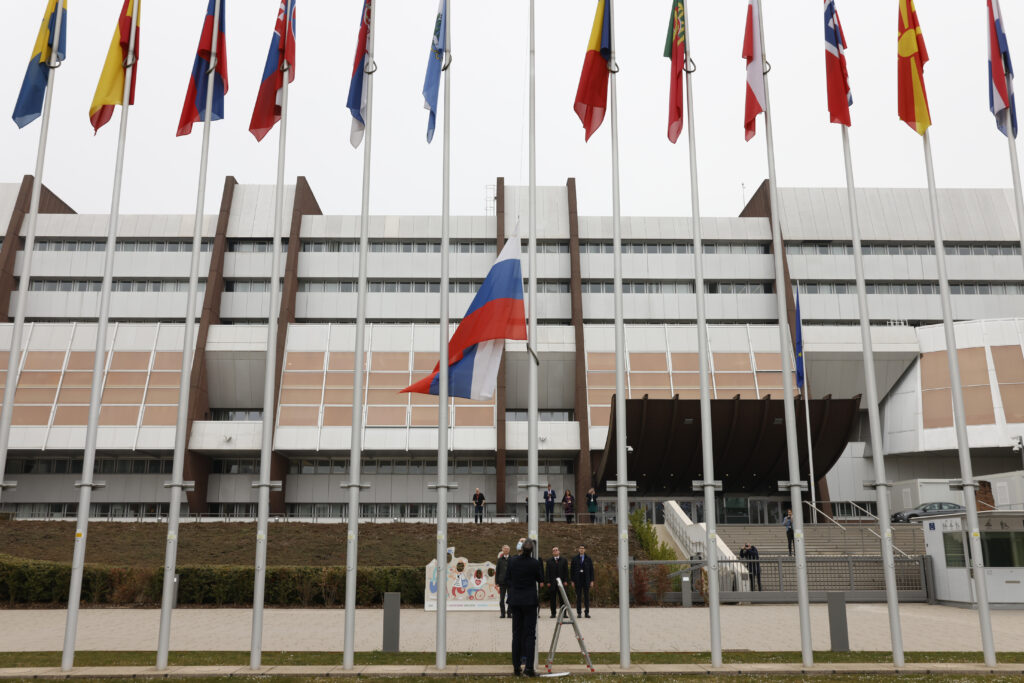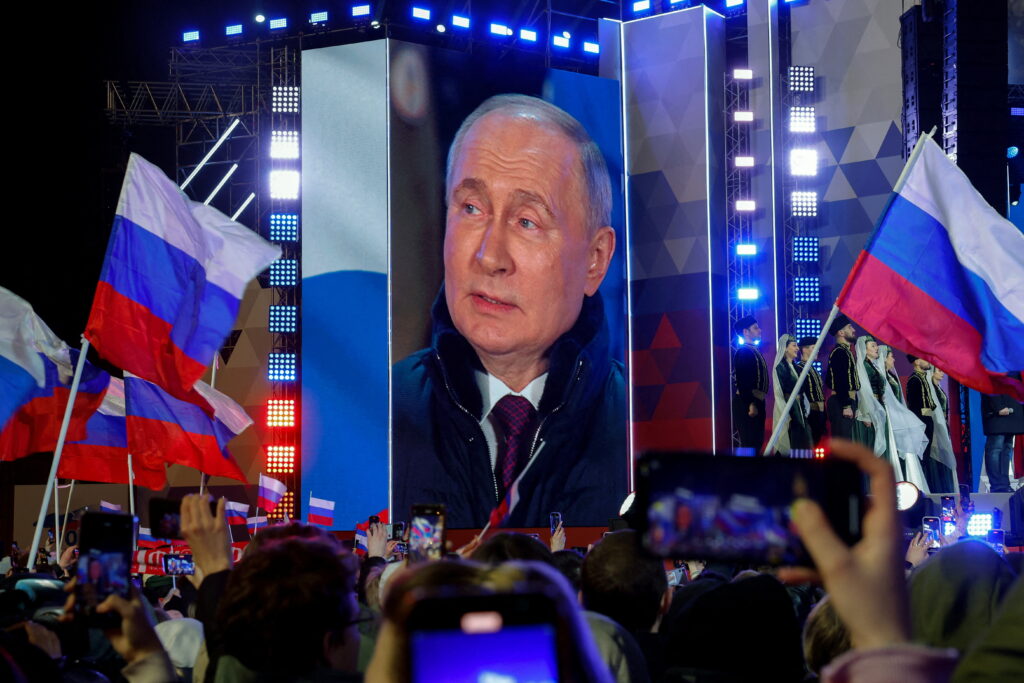Oleg Deripaska — a billionaire fulcrum of Russia’s political-economic elite for even longer than President Vladimir Putin — is once again at the center of US-Russian relations. He has fallen into the spotlight due to a recent raid on his Washington D.C. and New York properties by the FBI.
No charges or formal investigation has yet been announced. Even so, the move has serious potential ramifications for America’s Russian sanctions regime, as well as for Deripaska’s own key assets, aluminum giant Rusal and its parent En+.
For the past five years, Deripaska has courted attracted significant controversy in the United States. His name came up during probes of Donald Trump’s 2016 presidential campaign, shedding light on Deripaska’s ties with Paul Manafort. Manafort served as one of Trump’s key campaign managers and alongside his deputy, Rick Gates, had worked for Deripaska in Ukraine for some time on a various projects seen as highly political. (Then again, they did have a falling out over disputed fees even before Trump launched his campaign). The fevered US media environment at the time led to widespread speculation that their relationship was a backchannel for Trump’s alleged ties to the Kremlin.
While much of this was saturated with hyperbole, Manafort did reportedly offer private briefings to Deripaska via Konstantin Kilimnik, who the US has since sanctioned as an intelligence agent. However, the foremost critics of US intelligence and Trump’s most steadfast opponents are united in the assessment that US intelligence agencies did not trust Trump’s Russian contacts and were suspicious of Manafort’s.
Trump’s 2016 victory did not change this. In fact, Congress made clear that it too did not trust him to determine Russia sanctions policy. Barely over six months after Trump took office, the Republican-held Congress passed the Countering America’s Adversaries Through Sanctions Act (CAATSA), despite groaning opposition from Trump.
One of the steps CAATSA mandated was for the Trump Administration to identify oligarchs loyal to the Kremlin. But it clearly did not take this seriously. When it published the list in January 2018, it was ridiculed as being a copy-paste of Forbes’ Russian rich list. It even included oligarchs who had recently fled the country after falling out with the Putin regime. The Trump Administration pivoted — caught up in a swirl of increasingly manic attempts by Trump to discredit the Mueller investigation and allegations he was friendly to Moscow. By April 2018 imposed sanctions on Putin’s then-son-in-law and a few other notable players. They also blacklisted three major oligarchs long known to the international business community: Suleiman Kerimov, Viktor Vekselberg — and Deripaska.
This failed to convince most observers the Trump Administration was serious about keeping up pressure on Moscow. Still, the move caused major tumult in aluminum markets given Deripaska’s majority shareholding in EN+ and Rusal. A frenzied effort to unpick the sanctions conundrum began. The Office for Foreign Assets Control (OFAC), the authority responsible for the US’ main sanctions programs, had apparently not properly considered the impacts of its action. Such was the kind of unprofessionalism that was the hallmark of the Trump Administration (OFAC’s director, a career official who took up the job before Trump entered office, would resign less than a week later).
EN+ and Rusal received repeated waivers to avoid the sanctions’ effects. Though that brought further turbulence to global aluminum markets. By January 2019, a deal was done between OFAC and Deripaska’s representatives for the oligarch to decrease his effective voting share. The deal also saw the appointment of OFAC-nominated independent directors to sit on the board. However, as pointed out at the time the deal included potential loopholes. Some Republicans even joined a Democratic Party-led effort to block it, falling three votes short in the Senate.
It would later be revealed that the deal included even more lenient terms, most notably allowing Deripaska to transfer millions of dollars of shares to a trust held for the benefit of his two children by ex-wife Polina Yumasheva. She also remained a minor shareholder alongside her father, Valentin Yumashev, another longstanding powerbroker in the Kremlin (She has since sold her shares to Abu Dhabi’s sovereign wealth fund Mubadala).
Yet even by the time Trump left office, not all the questions around Deripaska and the sanctions imposed on him and his business had been resolved. GAZ Group, a Russian automotive manufacturer which he controls, was not included in the January 2019 agreement. Deripaska did not have to adjust his shareholding, but in July 2020 OFAC significantly eased sanctions on the firm, though it cast the move as a mere extension of its previous waivers. Among the Trump Administration’s final moves in office was to extend the waiver for applying sanctions on GAZ again — to 23 January 2022. Just days prior it was reported that European officials told their US counterparts they believed that Deripaska still exercised effective control over Rusal, violating the January 2019 agreement.
The question of whether the January 2019 OFAC-Deripaska deal is worth the paper it is written on has sat on the Biden administration’s desk for some time. Rusal’s international presence means questions continue to emerge about the extent to which it is willing to act as an arm of, or at least in concert with, the Kremlin (for example in Guyana in the run-up to its 2020 election.) Deripaska himself remains under sanctions, having waged an unsuccessful legal war to lift them.
Arguably the question has been pushed to the fore following the revelation that Rusal had bused as many as 11,000 people to Moscow for a ‘business trip’ on the final day of voting in Russia’s parliamentary elections in September. Whether this strikes at the US national interest is a valid question. But again, it does violate the spirit if not the word of the ‘Barker plan’ which was sold as ‘removing his control’ of EN+.
The precise investigation that prompted the raids on Deripaska’s US properties remains unknown. It is unlikely, however, that too much valuable intelligence was uncovered. The properties are reported to have been used by his children. Deripaska himself has been unable to visit the US since his April 2018 blacklisting. Even before that the State Department reportedly sought to limit his travel to the US.
The raids should therefore be seen as part of the Biden Administration’s revised approach to Russia sanctions policy. The confused days of the Trump Administration made it incredibly difficult to predict what steps Washington would take. The Biden Administration’s approach has centered on signaling what actions will result in more sanctions.
So the raids on Deripaska’s properties signal that further sanctions and/or legal action against Deripaska from the Department of Justice or OFAC is to be expected. The Trump Administration may not have been so serious about the intent of the aforementioned agreement to have EN+ and Rusal removed from the sanctions list — removing his de facto control of the companies. But the Biden Administration appears set to renew the effort.
What remains to be seen is how dedicated the Biden Administration will prove. There is scant evidence it has a coordinated Eurasia policy nine months into the term. It is quetionable whether it can convince the Kremlin it is acting in defense of US policy tools more broadly rather than looking for a renewed escalation. However, for Moscow the difference is negligible. It cannot allow further action against Deripaska to go without response. Even if it is merely to defend the integrity of the sanctions system, further escalating action against Deripaska would challenge the Kremlin’s monopoly on the distribution of Russia’s riches — the essential principle of Putin’s political and economic system.










